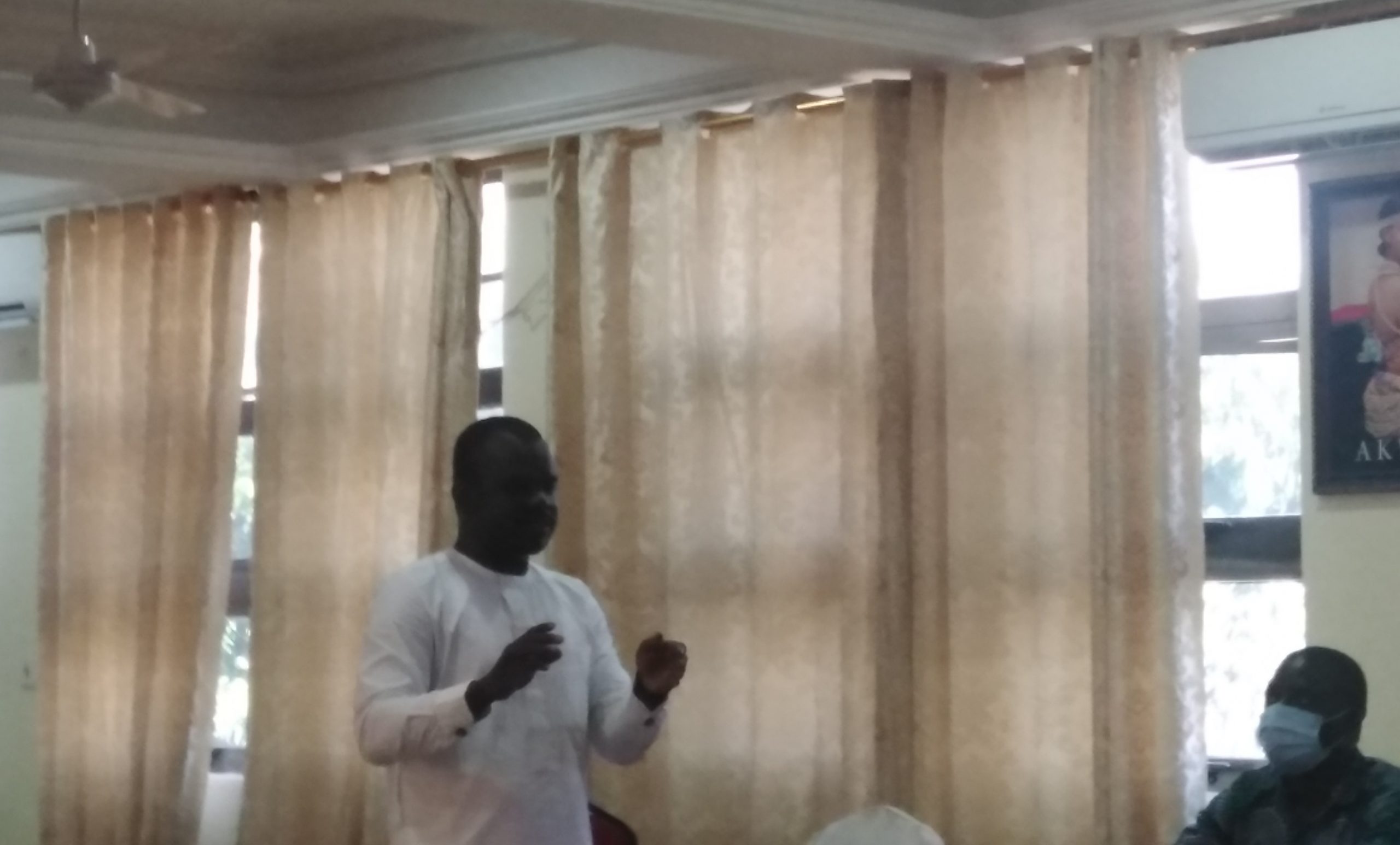You don’t have choice under RTI law not to provide information to citizens -UDS lecturer tells gov’t officials
A lecturer at the Communication, Innovation and Technology Department of the University for Development Studies (UDS), Dr Eliasu Mumuni has advised citizens to make good use of the Right to Information law.
The law, the lecturer said has come to stay with full backing to demand and be accounted to, from duty bearers both elected and appointed officers on issues that are very essential to their welfare.
Dr Eliasu explained that before the passage of the RTI bill into law, it used to be elected officers at both community and district levels having choices in terms of what information they can give but with the RTI law, they are bound, is obligatory to provide information.
The lecturer who facilitated a two-days training organized by Media Foundation for West Africa (MFWA) on RTI for ISD officers and coordinating directors in the northern region told Zaa News the law was one of the critical laws of Ghana where the empowerment of the citizenry access to information becomes central.
He however stated that the law, still have some exemptions to some information that are supposed to be given out per the law.
Dr Eliasu cited information on security, information the cabinet yet to make public and international treaties with diplomacy hitch-on.

Any other information aside these, Dr Eliasu noted can be demanded by the citizenry from the officers and they must be provided without questioning what the seeker of the information will use it for.
When asked if the RTI law could manifest in various communities and governance sectors, Dr Eliasu Mumuni said it was feasible because the technocrat’s knowledge has been enhanced.
He explained that series of engagements were being held with Information Officers and District Coordinating Directors (DCD) from Municipal and district assemblies on how to cluster information to various segments for easy communication.
The law he added is well implementable and can be achieved. Information demanded by the citizenry from these officers Dr Eliasu stated must be provided within a period of 14 days minimum and maximum 21 days to avoid being sanctioned.
The law, the lecturer explained further will enable citizens to show keen interest in developmental projects such as road constructions, health facilities and even efforts the District Disaster Management Committee are making to mitigate the impact of the perennial floods in northern Ghana.
The failure of elected and technocrats to provide information to the citizens he said can be reprimanded by the government through the sanctioning processes under the law.


